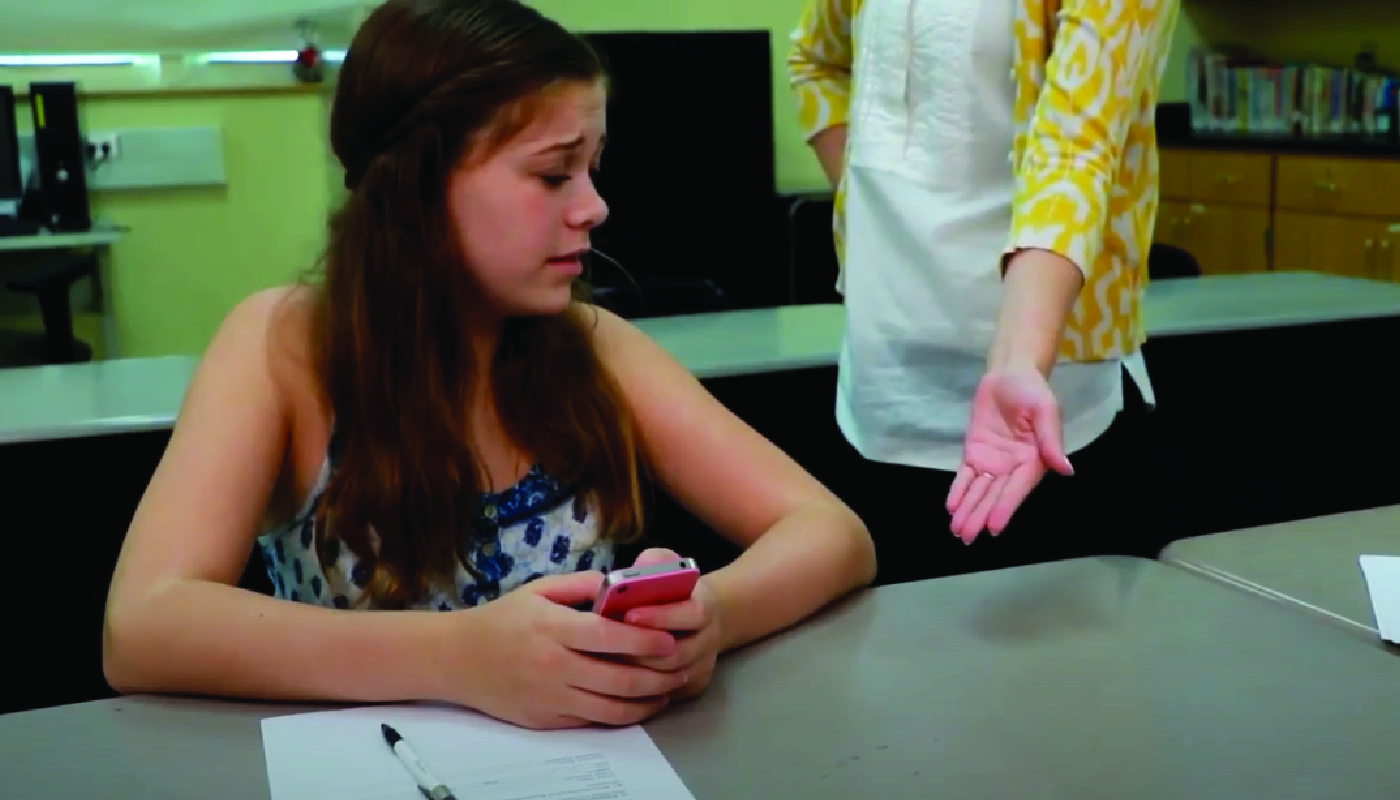
Introduction
Understanding consequences is an essential skill for elementary students to develop. Consequences are the outcomes that follow a particular behavior, and they can be either positive or negative. By teaching students about consequences and how to accept responsibility for their actions, we empower them to make better choices and develop strong social-emotional skills.
No-Prep Activity: The Consequence Chain
This activity requires no preparation or materials and helps students understand the concept of consequences. To begin, have students sit in a circle. Explain that consequences are the results of our actions, thoughts, or decisions. Start by giving an example of a behavior, such as helping a friend. Then, ask the student to your left to provide a possible positive consequence of that behavior, such as the friend feeling grateful and happy. The next student to the left should then provide a negative consequence for the same behavior, such as the friend becoming too reliant on help.
Continue going around the circle, alternating between positive and negative consequences for each behavior. Encourage students to think about how their actions can lead to different outcomes and how accepting responsibility for their actions can improve their relationships and social-emotional well-being.
Discussion Questions
- What are some examples of positive consequences you have experienced? How did it make you feel?
- Can you think of a time when you experienced a negative consequence? How did you handle it, and what could you have done differently?
- Why is it important to accept responsibility for our actions and their consequences?
- How can understanding consequences help us make better choices in the future?
- What strategies can you use to stay calm and accept negative consequences when they occur?
Related Skills
Besides understanding consequences and accepting responsibility, several other social-emotional skills are essential for students to develop. These include:
- Empathy: The ability to understand and share the feelings of others, which helps students navigate social situations and build strong relationships.
- Problem-solving: The ability to identify problems and develop effective solutions, which is crucial for managing conflicts and making responsible decisions.
- Self-regulation: The ability to control one’s emotions, thoughts, and behaviors, which helps students cope with stress and adapt to new situations.
- Communication: The ability to express one’s thoughts and feelings effectively, which is essential for building relationships and resolving conflicts.
Next Steps
Teaching students about consequences and accepting responsibility is a vital part of their social-emotional development. To continue exploring these skills and others, we invite you to sign up for free samples of our skill-building activities and resources. These materials will provide you with valuable tools to help your students grow, both academically and emotionally.

